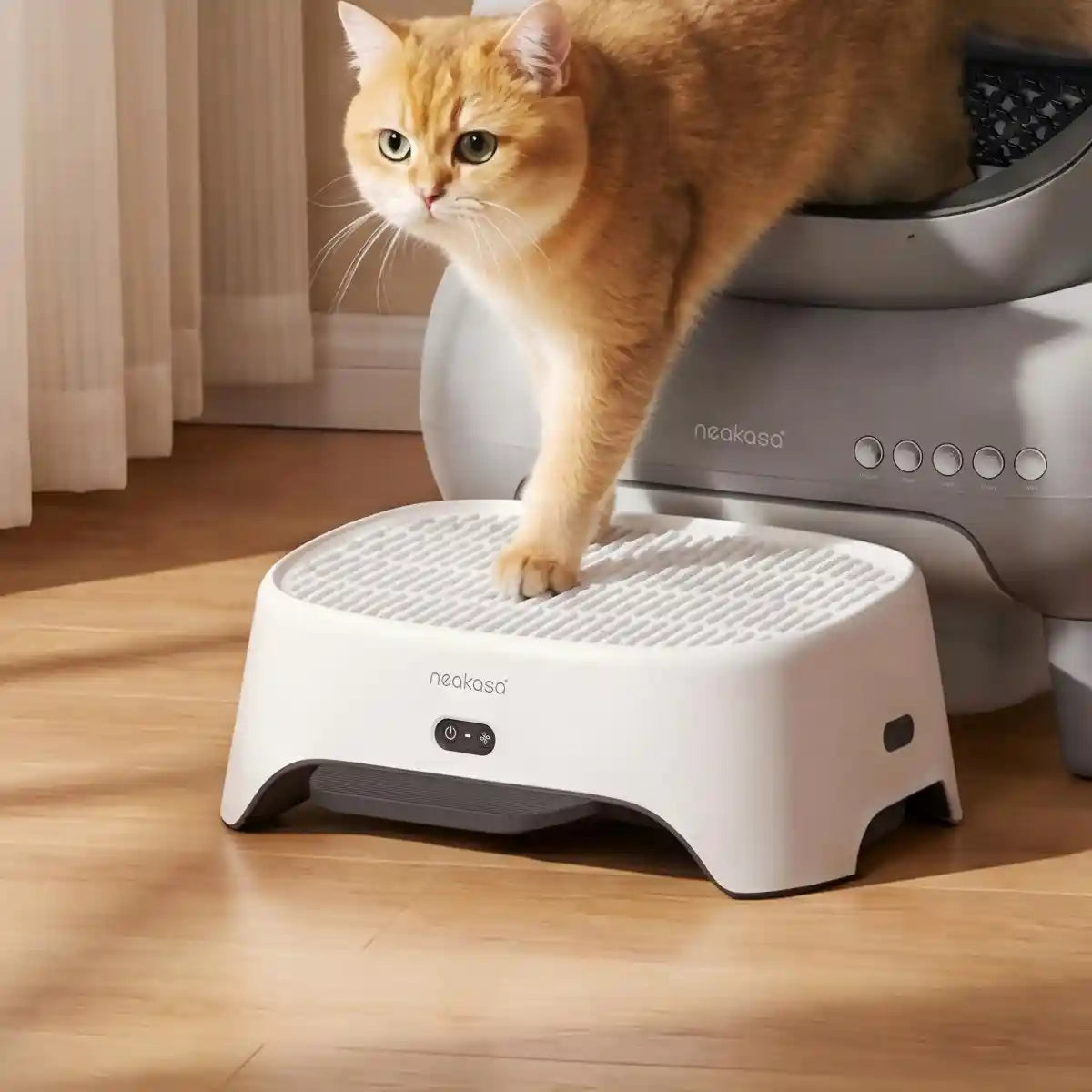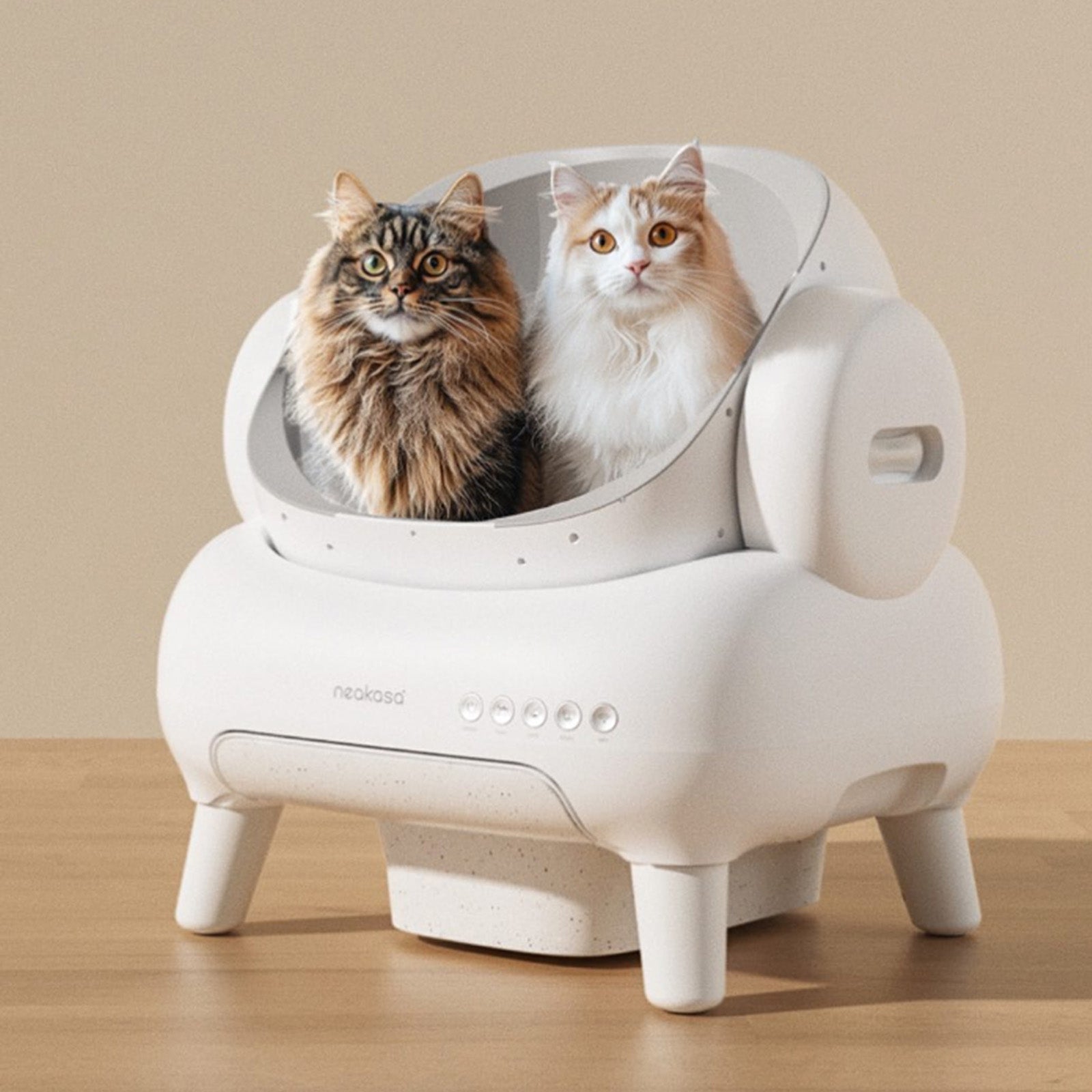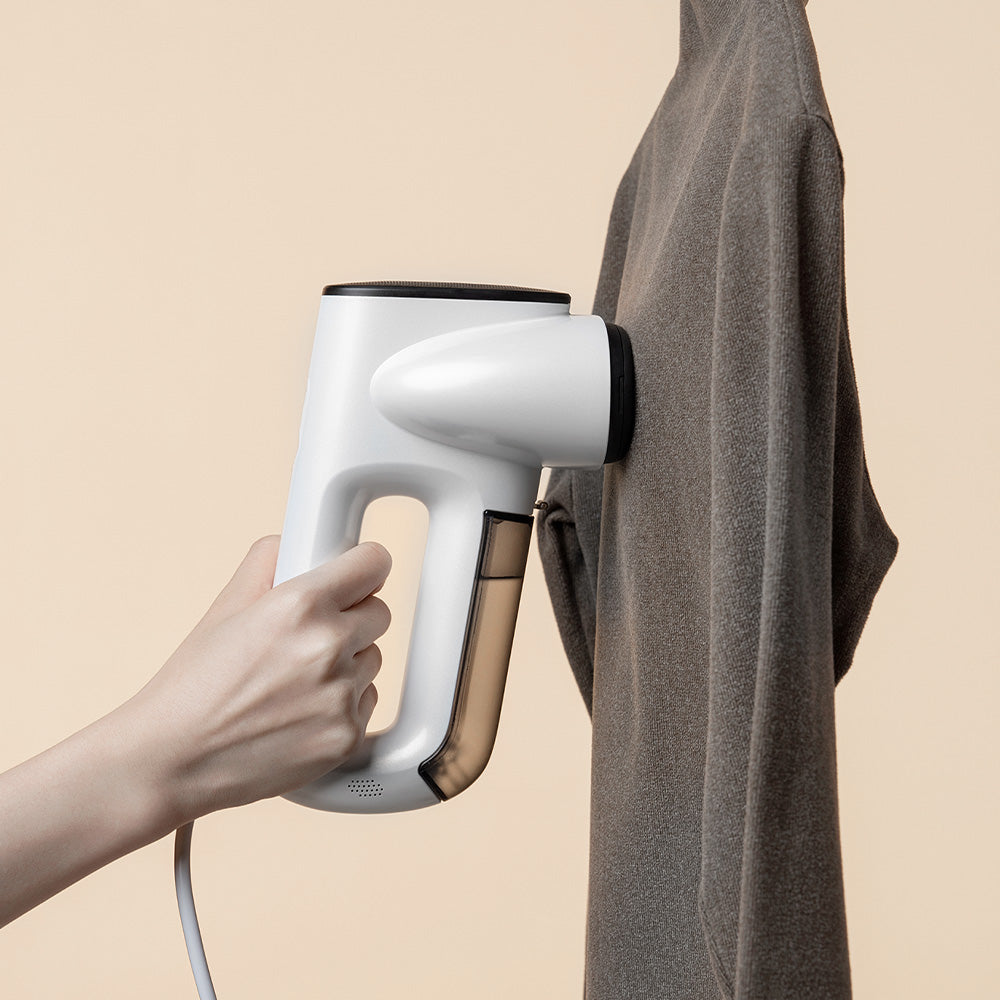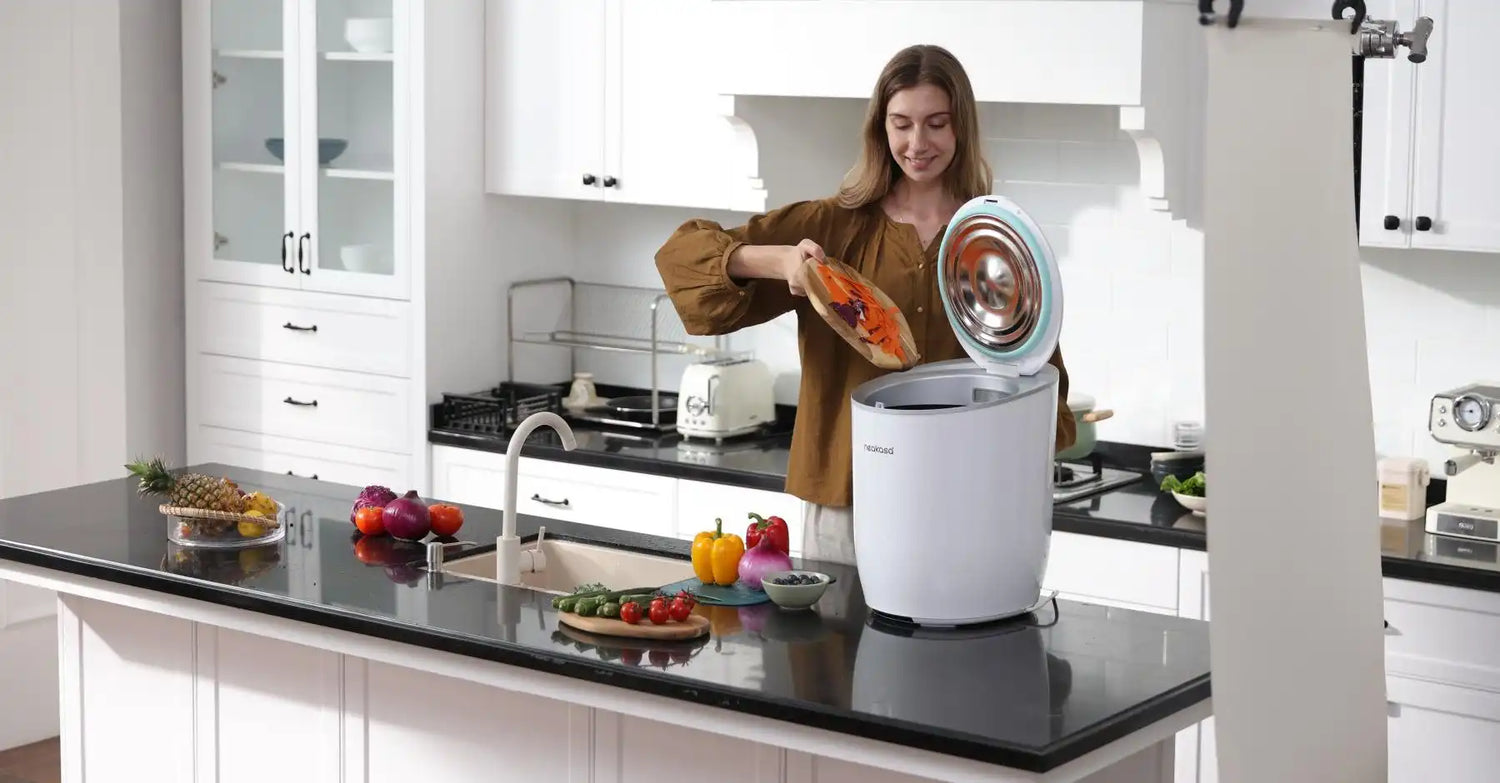Are you drowning in kitchen scraps and feeling guilty about your food waste? Traditional composting methods can be messy, time-consuming, and attract pests. Enter electric composters – the modern solution to effortless, odor-free composting. But are electric composters worth it? Let's explore the pros and cons of these high-tech waste reducers.

What Are Electric Composters?
So, what exactly are these futuristic food waste processors? Electric composters are countertop appliances designed to break down organic waste into a nutrient-rich material that can be used in your garden or houseplants. Think of them as mini recycling centers for your kitchen scraps.
These devices come in various shapes and sizes, but they all serve the same basic purpose: to accelerate the decomposition process of organic matter. While traditional composting can take weeks or even months, electric composters claim to do the job in just a matter of hours, offering instant compost.
But here's the kicker – not all electric composters actually produce true compost. Some models simply dehydrate and grind the waste, creating a substance that looks like compost but hasn't undergone the full decomposition process. Others like Neakasa Moreborn use heat and bacteria to break down the waste more completely. It's important to understand these differences when considering whether an electric composter is right for you.
How Do Electric Composters Work?
Now, let's get into the nitty-gritty of how these machines operate. While different models may have varying features, the basic process goes something like this:
- Loading: You add your food scraps to the composter's bucket.
- Heating: The machine heats the waste to temperatures around 160°F (71°C) or higher.
- Grinding: Some models include a grinding mechanism to break down larger pieces.
- Aerating: The waste is mixed and aerated to promote decomposition.
- Drying: Moisture is removed from the waste, reducing its volume.
- Cooling: The final product is cooled before you remove it.
The entire process typically takes between 3 to 8 hours, depending on the model and the amount of waste. Some electric composters use microorganisms to aid in decomposition, while others rely solely on heat and mechanical processes.

Composter Criticism: Pros and Cons of Electric Composters
Like any innovation, electric composters have their fair share of advantages and disadvantages. Let's break down the pros and cons to help you make an informed decision.
Pros:
- Convenience: This is perhaps the biggest selling point. Electric composters allow you to process food waste right in your kitchen, without the need for outdoor space.
- Speed: Compared to traditional composting methods, electric composters work incredibly fast, turning waste into usable material in hours rather than months.
- Odor Control: Most models are designed to be odor-free, making them suitable for indoor use.
- Year-Round Use: Unlike outdoor compost piles, electric composters can be used regardless of the weather or season.
- Pest-Free: By keeping the composting process enclosed, these devices eliminate the risk of attracting pests like rats or raccoons.
- Space-Saving: For those with limited outdoor space, electric composters offer a compact solution for dealing with food waste.
- Versatility: Many electric composters can handle a wider range of food scraps than traditional compost piles, including meat and dairy products.
- Reduced Food Waste: The convenience of electric composters may encourage you to compost more of your food scraps, reducing the amount of waste sent to landfills.
Cons:
- Cost: Electric composters can be expensive, with prices ranging from $300 to $1000 or more.
- Energy Use: These devices require electricity to operate, which adds to your energy consumption and bills.
- Limited Capacity: Most home models can only process small amounts of waste at a time, which may not be sufficient for larger households.
- Maintenance: Some models require regular cleaning and filter replacements to function properly.
- Noise: While generally quiet, some models can be noisy during operation.
- Dependence on Technology: If the device breaks down, you're back to square one with your composting efforts.
- Limited Lifespan: Like any appliance, electric composters have a finite lifespan and will eventually need to be replaced.
By weighing these pros and cons, you can better determine if an electric composter aligns with your lifestyle, values, and composting goals. Remember, what works for one household may not be the best solution for another.

Who Should Consider an Electric Composter?
Electric composters aren't for everyone, but they might be perfect for:
Apartment Dwellers: If you don't have outdoor space for a compost pile, an electric composter could be a great solution.
Busy Professionals: If you want to compost but don't have time for traditional methods, the speed and convenience of electric composters could be appealing.
Those in Cold Climates: If winter weather makes outdoor composting challenging, an indoor electric option could keep you composting year-round.
People with Physical Limitations: If turning a compost pile is physically difficult, an electric composter could make composting accessible.
Those with Strict HOA Rules: If your homeowners' association doesn't allow outdoor compost bins, an indoor electric option could be a workaround.
Households with Lots of Food Waste: If you generate a lot of kitchen scraps and want to reduce your garbage output, an electric composter could help.
Gardening Enthusiasts: If you're always in need of more compost for your plants, an electric composter could provide a steady supply.
Eco-Conscious Individuals with Limited Time: If you're committed to reducing your environmental impact but struggle with the time demands of traditional composting, an electric composter could be a good compromise.
Those New to Composting: The simplicity of electric composters can make them a good entry point for composting beginners.
Urban Farmers: If you're growing food in a city environment with limited space, an electric composter could help you close the loop on your urban farming efforts.
Top Electric Composter Model in the Market
If you're considering an electric composter, Neakasa Moreborn kitchen composter deserves to be considered:
The Neakasa Kitchen Composter is a cutting-edge solution for transforming kitchen waste into nutrient-rich compost. With its impressive 12-liter capacity, it can handle larger volumes of food scraps, making it ideal for busy households. It can process a cycle in about 48 hours and reduces food waste weight by up to 95%. It's a continuous feed, meaning you can add scraps at any time.
Conclusion
Electric composters provide a fast, convenient, and eco-friendly alternative to traditional composting, making them ideal for reducing food waste in any household. While they come with some limitations, such as cost and capacity, their benefits—like odor control, year-round use, and suitability for small spaces—make them a valuable tool for modern waste management. Overall, with models like the Neakasa Moreborn, which combines capacity and efficiency, it's easier than ever to reduce waste and embrace sustainable living.










Leave a comment
This site is protected by hCaptcha and the hCaptcha Privacy Policy and Terms of Service apply.